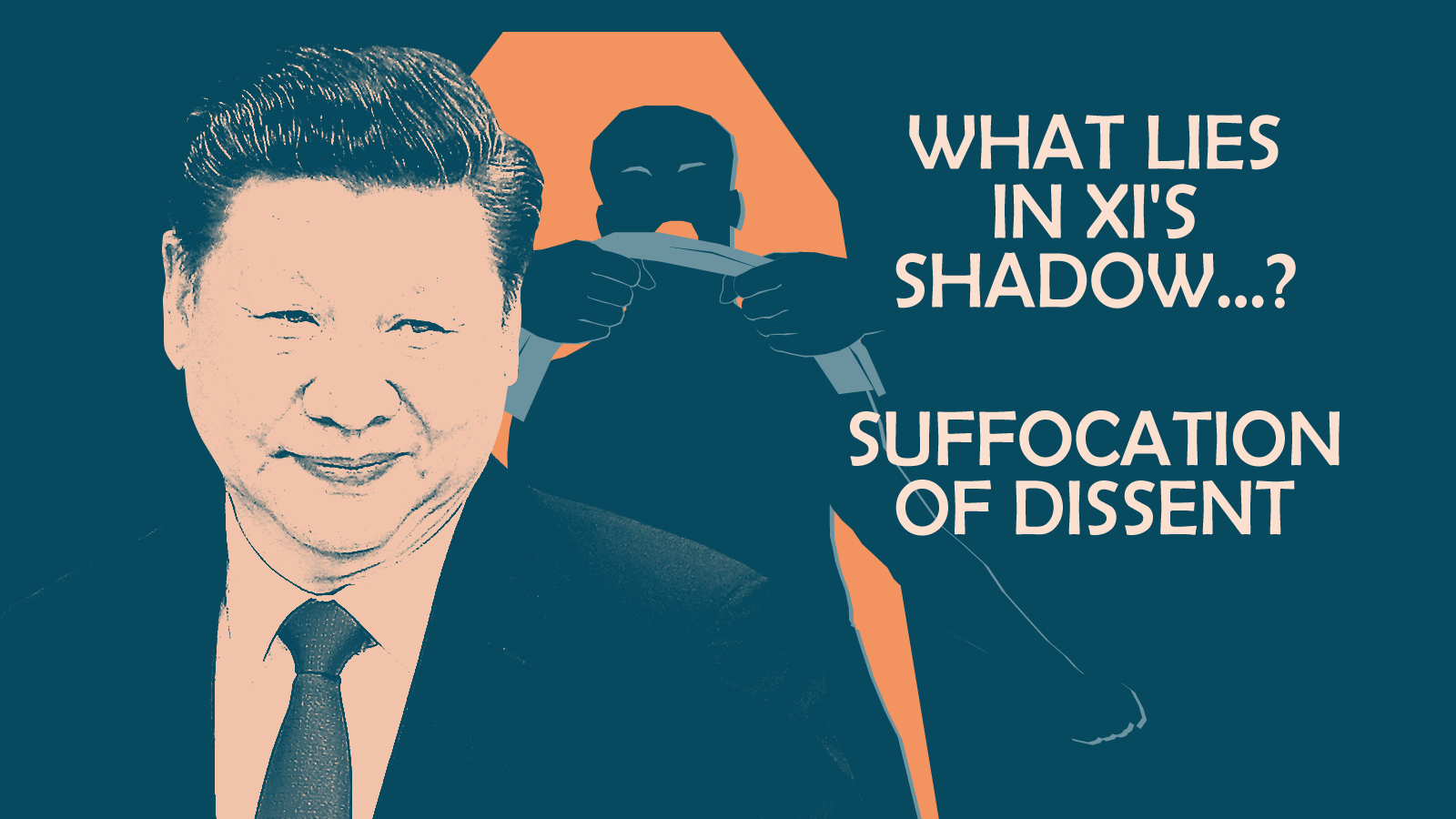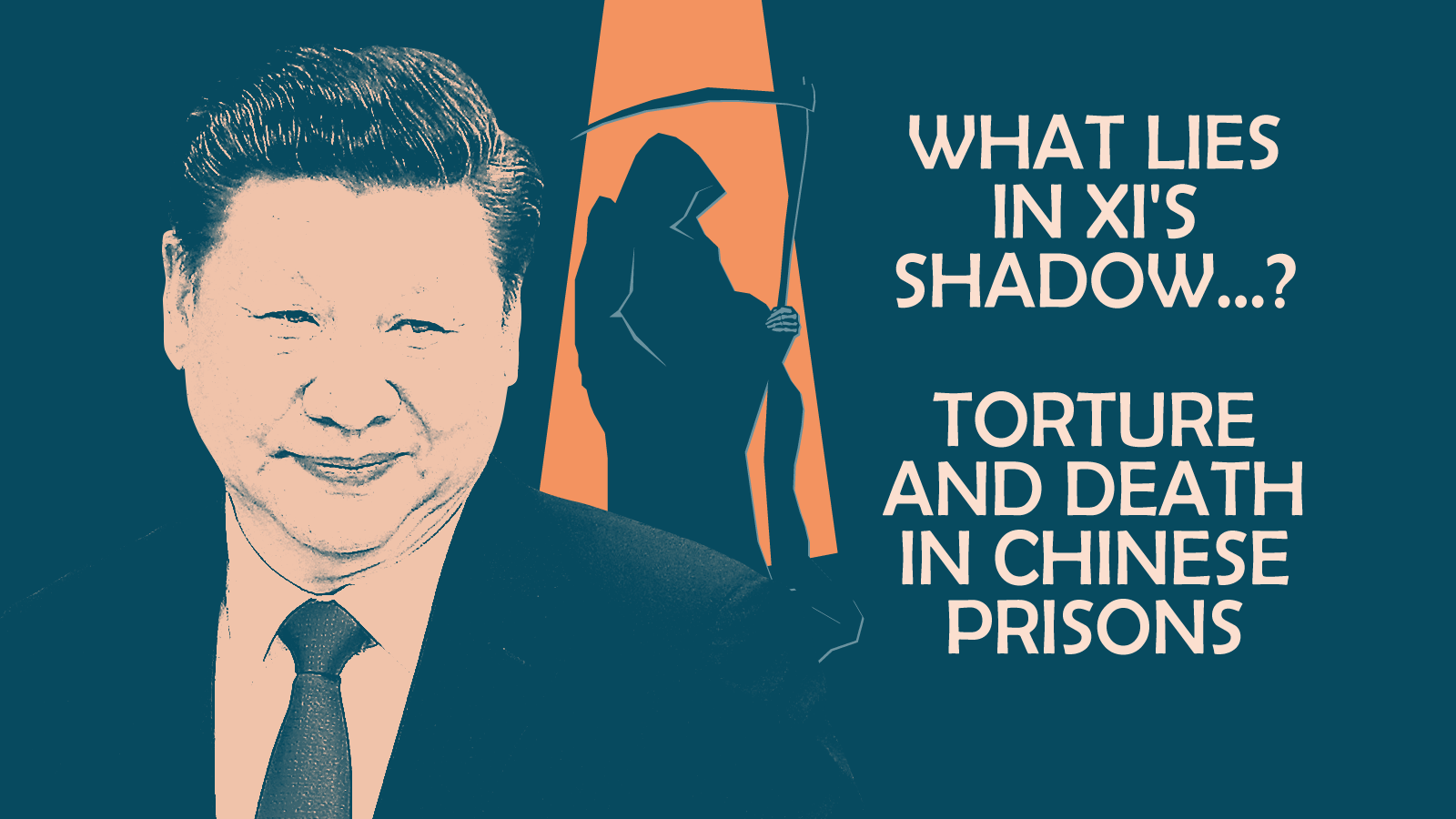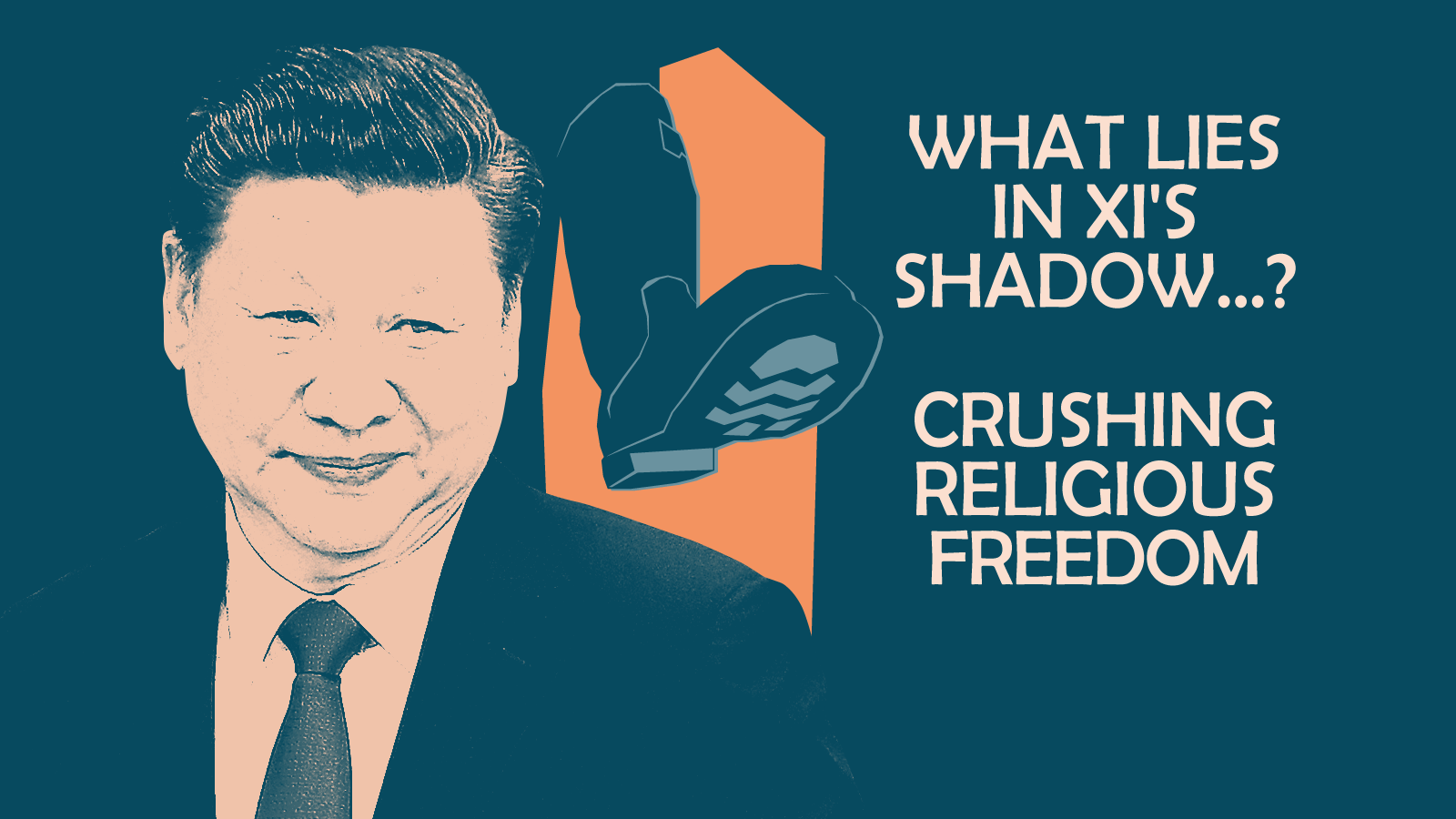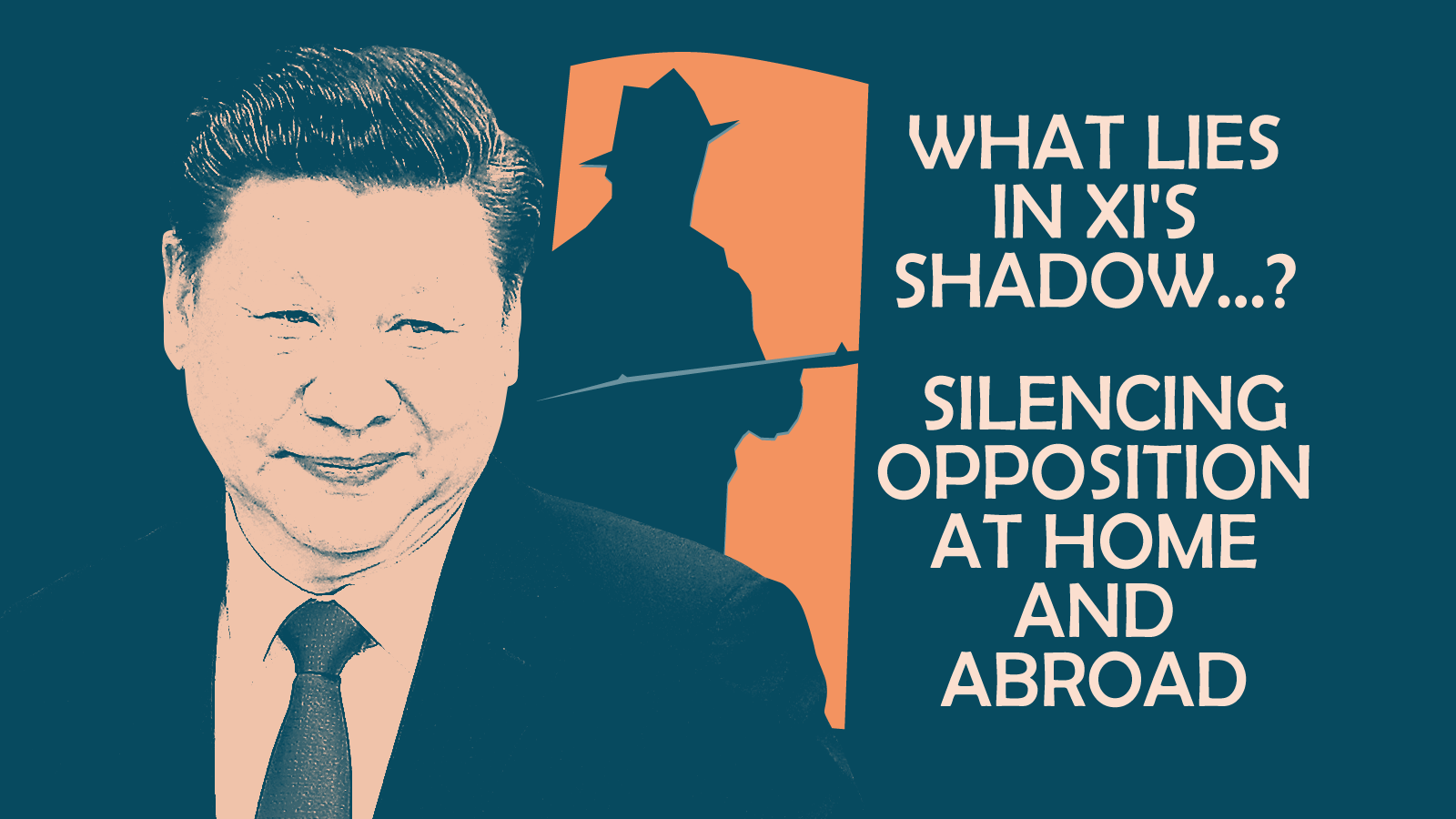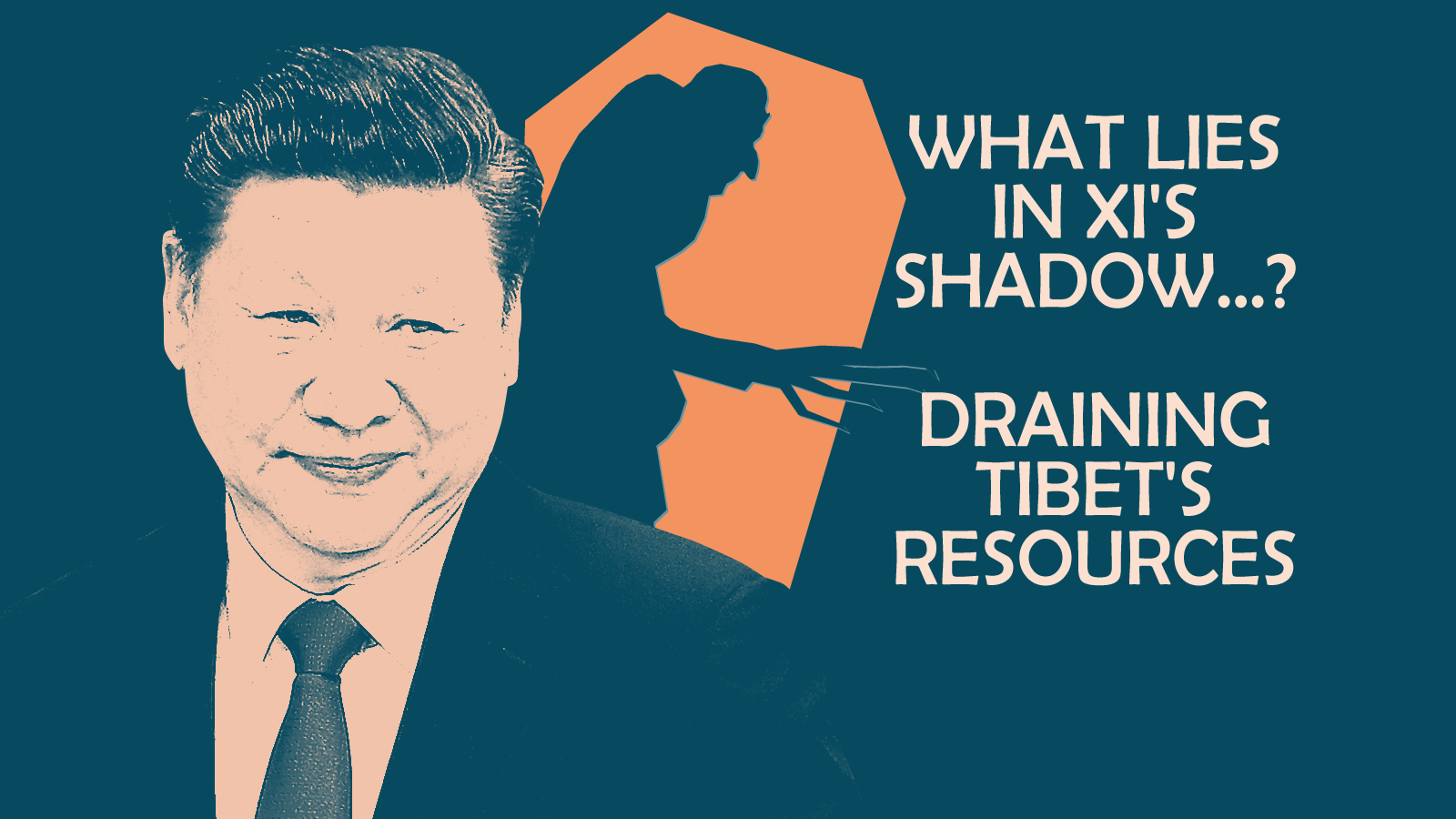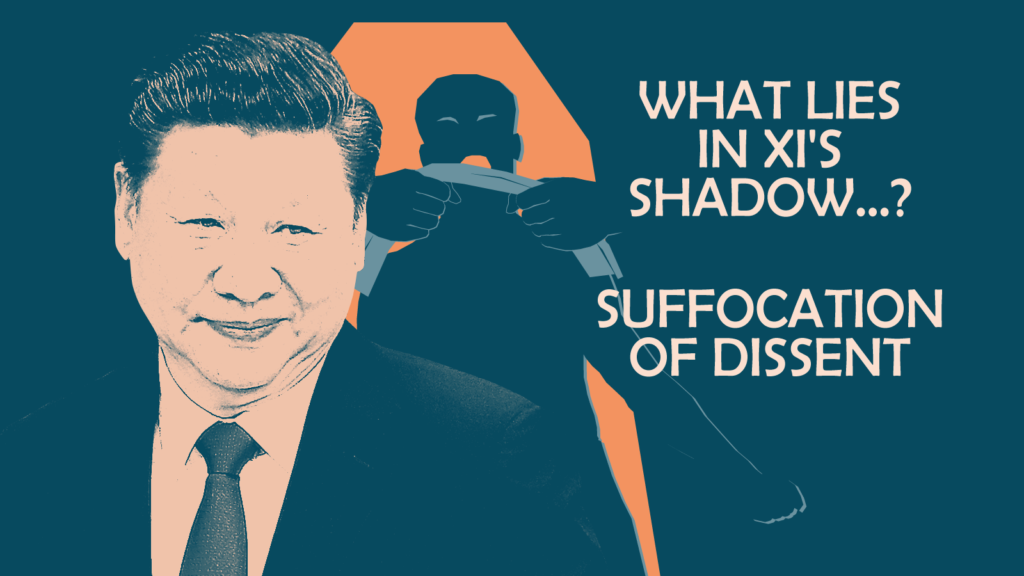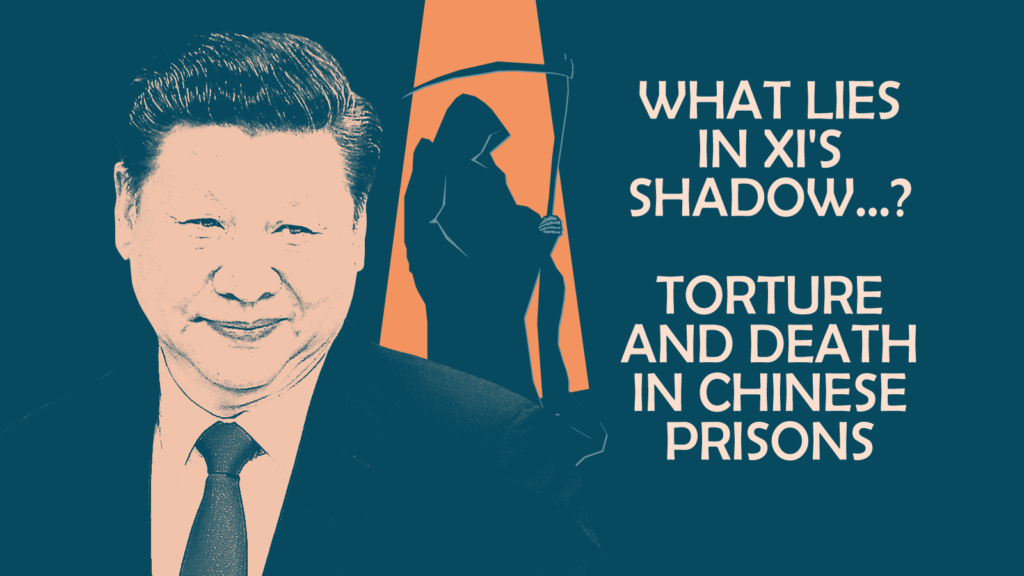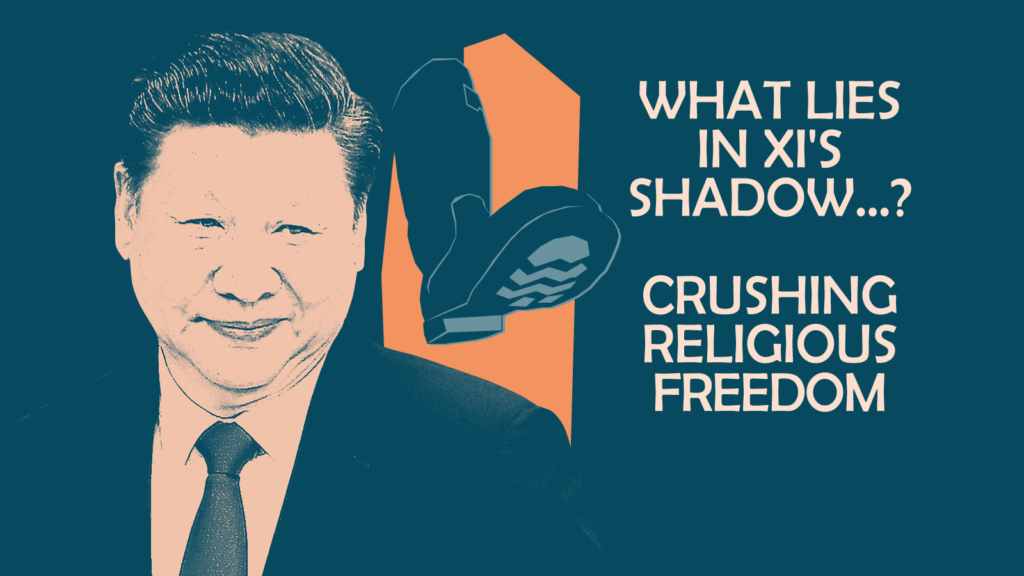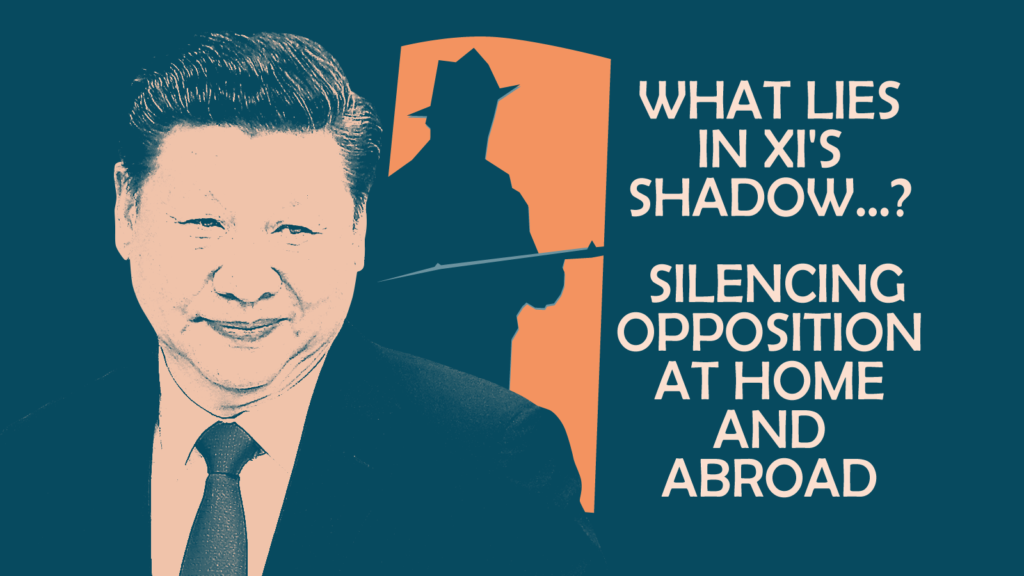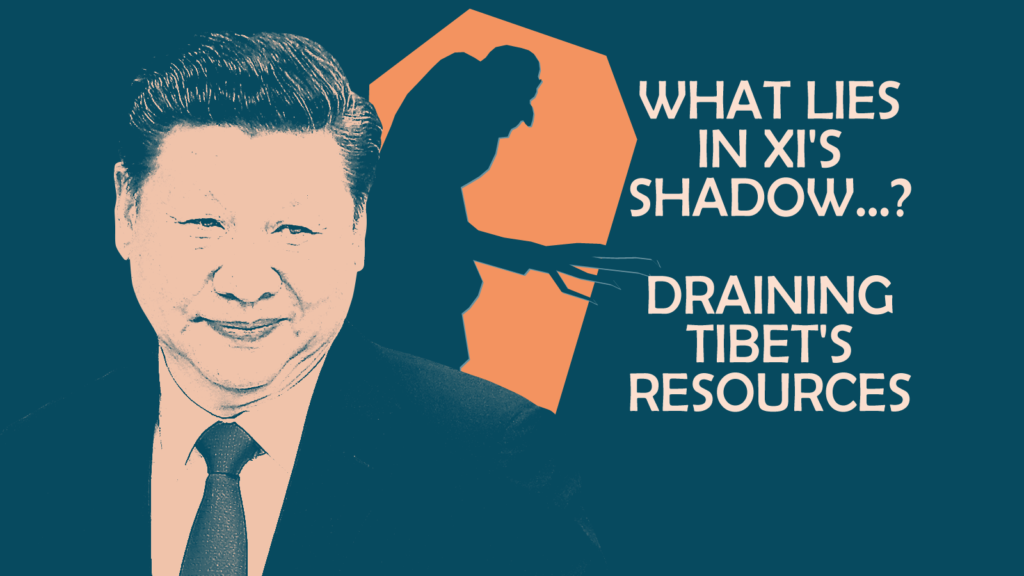Home to the largest store of fresh water outside the Arctic and Antarctic, Tibet is on the frontline of global climate change and under serious threat from China’s failed policies. Like the Arctic, Tibet is experiencing profound climate change impacts. China’s hydro-damming and mineral extraction in Tibet, combined with climate change, threaten to destroy Tibet’s unique ecosystems, disrupting life for a billion people downstream and across Asia.
China is building large dams and water diversion projects on the Tibetan Plateau at an unprecedented rate, including water diversion projects to move water into northern and eastern China; these projects will disrupt already-overstressed water supplies threatening the water security of 1.4 billion people.
From copper for transmission lines to lithium for mobile phone parts, Tibet holds immense stores of key minerals craved by the modern Chinese and global economies. Much like the Arctic, the Tibetan Plateau is even a new frontier for fossil fuel extraction.
Infrastructure development on the plateau is aimed at bringing millions of tourists to Tibet: Lhasa, with a total population of one million, is estimated to receive as many as 13 million domestic Chinese tourists each year, overcrowding a city where financial gains and profits are largely kept in the hands of Chinese private investors, leaving local Tibetans with little if any sustainable profit.
Roll over this image to share on your social network or download to your desktop
